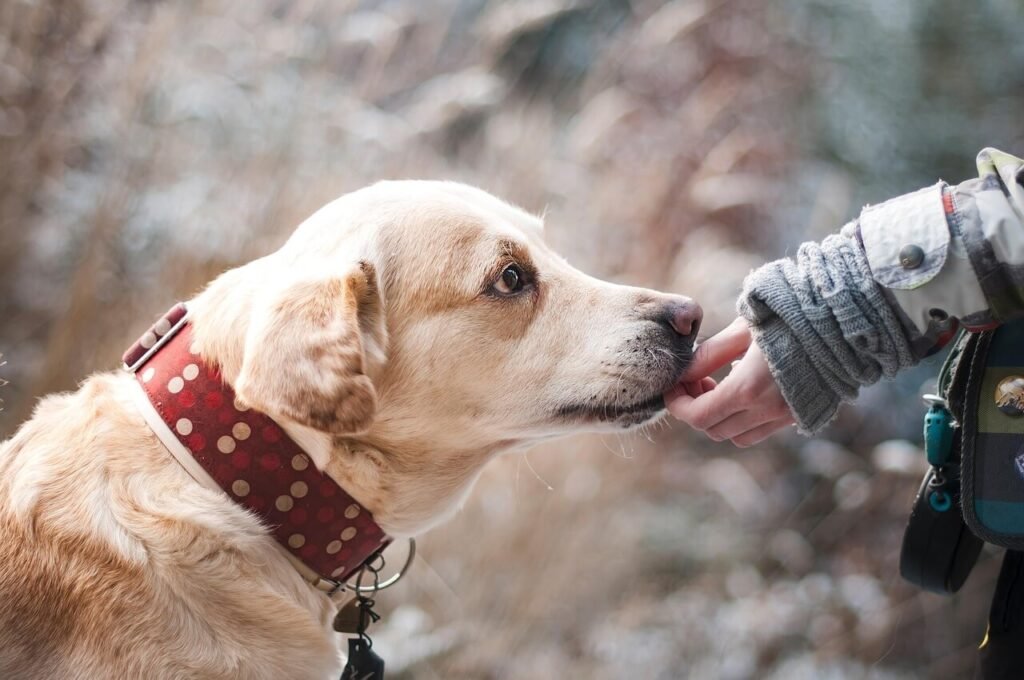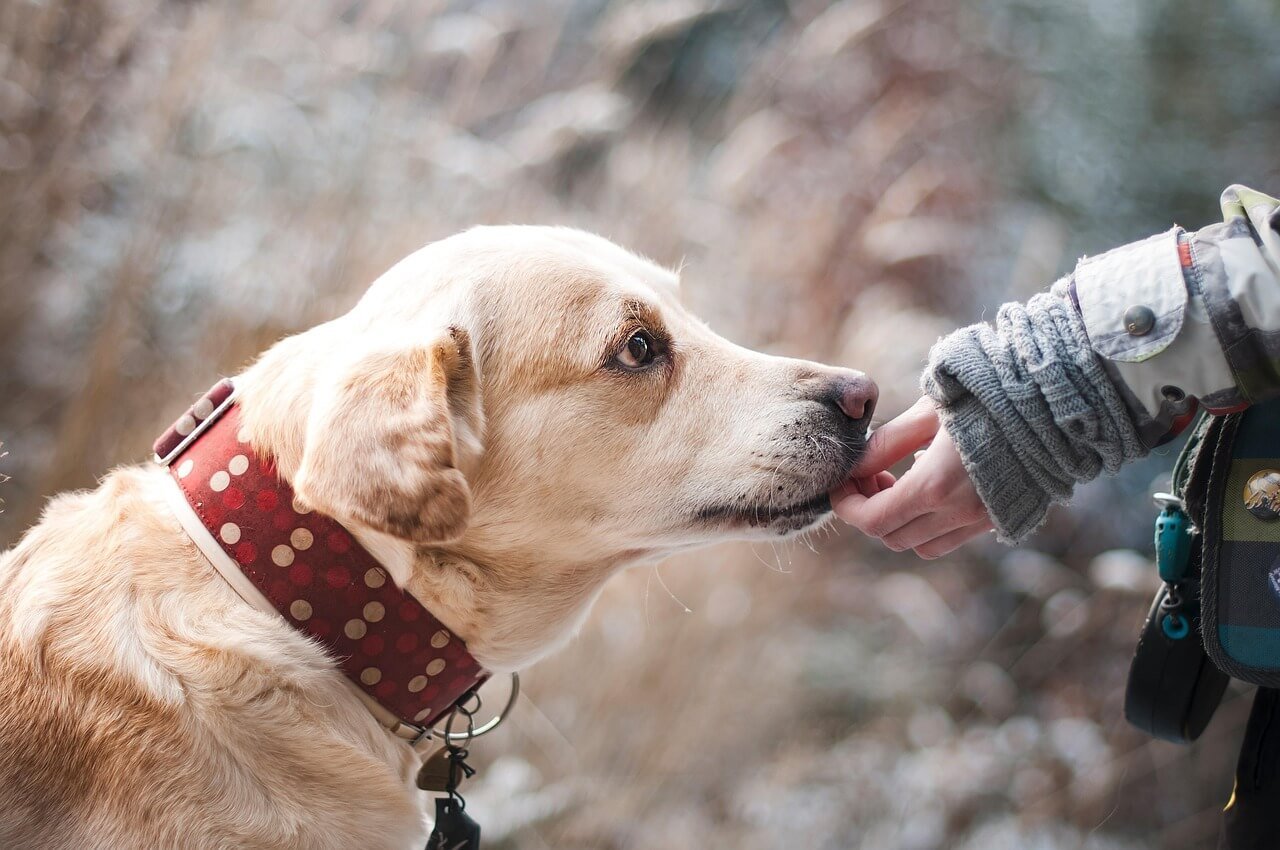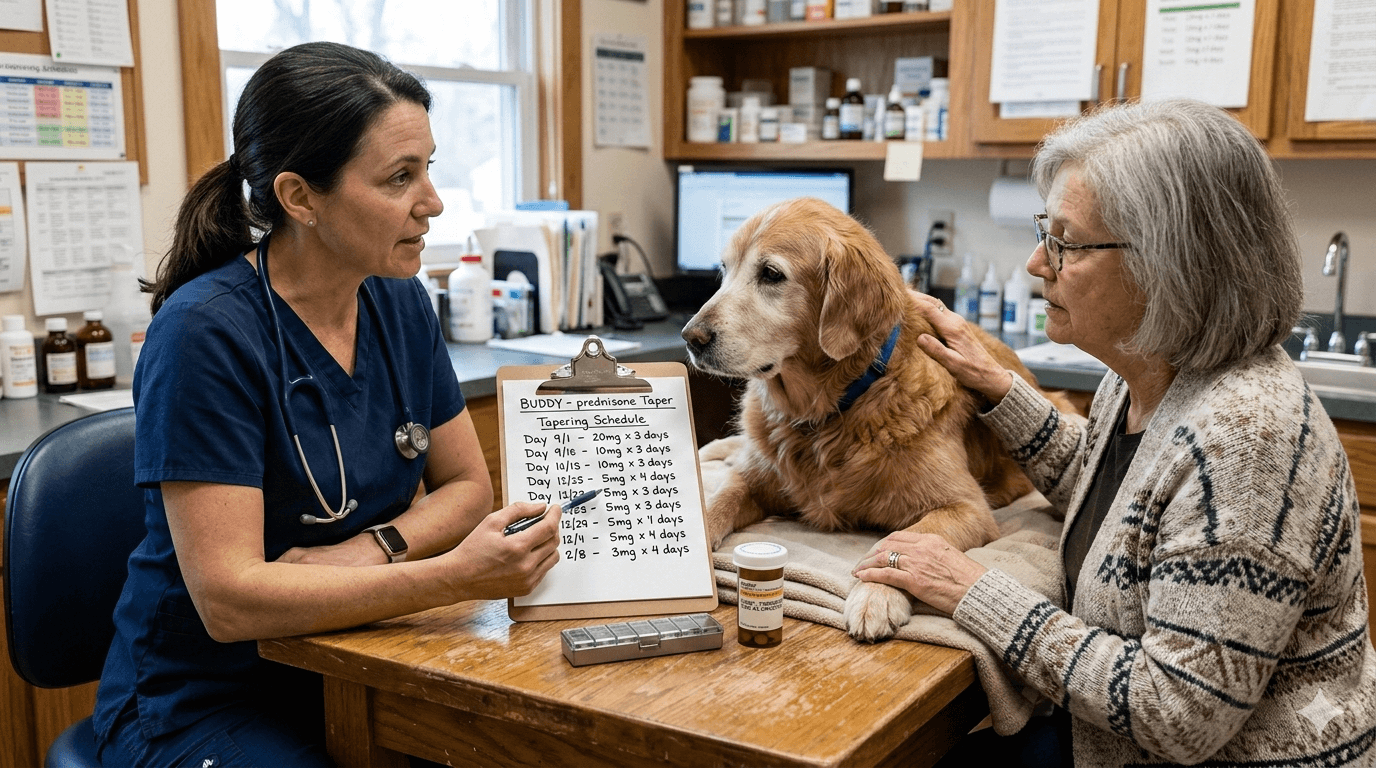Dog Throwing Up Orange Liquid: What It Means and What to Do
Seeing your dog throw up orange liquid can be alarming, but it’s important to stay calm and assess the situation. This unusual symptom could stem from a variety of causes, ranging from something as simple as an empty stomach to more serious underlying health issues. Understanding why this happens and how to respond is key to ensuring your furry friend gets the care they need. In this guide, we’ll explore the potential reasons behind orange vomit, steps you can take at home, and when it’s time to consult a veterinarian. By arming yourself with knowledge, you can provide the best possible support for your beloved companion.
Common Causes of Orange Vomit in Dogs
When your dog throws up orange liquid, it’s often related to bile or stomach contents. Here are some of the most common causes to consider:
Bilious Vomiting Syndrome : Occurs when bile irritates the stomach lining, often due to an empty stomach for too long.
Dietary Indiscretion : Eating non-food items, spoiled food, or something toxic can lead to vomiting orange bile.
Gastrointestinal Issues : Conditions like gastritis, ulcers, or inflammatory bowel disease may cause bile reflux.
Liver Problems : Orange vomit can sometimes indicate liver dysfunction, which affects bile production.
Medication Side Effects : Certain medications may irritate the stomach and trigger bile-related vomiting.
While these causes vary in severity, identifying the underlying issue is crucial for proper treatment. Always monitor your dog closely and seek veterinary advice if symptoms persist.
Signs That Accompany Orange Vomit in Dogs
Orange vomit alone might not tell the whole story. Look for additional symptoms that can help pinpoint the problem. Here’s what to watch for:
Lethargy : A lack of energy or enthusiasm could signal a more serious health issue.
Diarrhea : Loose stools alongside vomiting may indicate gastrointestinal distress.
Loss of Appetite : Refusing food or water is a red flag that shouldn’t be ignored.
Abdominal Pain : Whining, restlessness, or reluctance to be touched around the belly area suggests discomfort.
Dehydration : Dry gums, sunken eyes, or excessive panting may indicate fluid loss from vomiting.
These signs can help you determine whether your dog needs immediate veterinary attention or if home care is sufficient.
Check this guide 👉Dog Pooping Black Liquid: Best 7 Health Tips!
Check this guide 👉How to Give Liquid Medicine to a Dog: Best 7 Expert Tips!

Possible Causes of Orange Vomit | What You Can Do |
|---|---|
Empty Stomach/Bile Buildup | Feed smaller, frequent meals to prevent bile reflux. |
Dietary Indiscretion | Remove access to harmful objects or spoiled food. |
Gastrointestinal Issues | Monitor symptoms and consult a vet for diagnosis. |
Liver Problems | Seek immediate veterinary care for blood tests. |
Medication Side Effects | Discuss alternative treatments with your vet. |
How to Help Your Dog at Home
If your dog throws up orange liquid but seems otherwise healthy, there are steps you can take at home to soothe their stomach. However, always proceed with caution and consult your vet if unsure.
Withhold Food Temporarily : Allow the stomach to settle by withholding food for 12 hours, but ensure access to fresh water.
Offer a Bland Diet : Gradually reintroduce food with boiled chicken and rice to ease digestion.
Monitor Hydration : Encourage small sips of water frequently to prevent dehydration.
Avoid Fatty Foods : Stick to low-fat, easily digestible meals during recovery.
Keep Them Comfortable : Provide a quiet space for your dog to rest while they recover.
Home care can often resolve mild cases, but don’t hesitate to seek professional help if symptoms worsen or persist.
When to Visit the Veterinarian
While occasional vomiting isn’t uncommon in dogs, certain situations warrant immediate veterinary attention. Here’s when you should seek professional help:
Frequent Vomiting : If your dog vomits multiple times within a short period, it could indicate a serious issue.
Blood in Vomit : The presence of red streaks or black, tarry vomit signals internal bleeding.
Persistent Lethargy : Unusual tiredness or weakness is a sign of systemic illness.
Swollen Abdomen : Could indicate bloat or other life-threatening conditions requiring urgent care.
Known Toxin Exposure : If your dog ingested something toxic, contact your vet or an animal poison control hotline immediately.
Timely intervention can make all the difference in your dog’s recovery, so trust your instincts and act quickly when needed.
Proactive Steps to Reduce the Risk of Orange Vomit
Preventing bile-related vomiting can often be achieved through simple lifestyle adjustments. By addressing potential triggers, you can help your dog maintain a healthy digestive system and reduce the likelihood of orange vomit episodes.
Feed Smaller, More Frequent Meals : Breaking meals into smaller portions throughout the day prevents the stomach from staying empty for too long.
Avoid Late-Night Feeding Gaps : Ensure your dog eats something before bedtime to minimize overnight bile buildup.
Limit Access to Non-Food Items : Keep trash cans secured and hazardous objects out of reach to prevent dietary indiscretion.
Provide Mental Stimulation : Reducing stress and boredom can prevent behaviors like chewing on inappropriate items that lead to vomiting.
Stick to a Consistent Diet : Sudden changes in food can upset your dog’s stomach, so introduce new foods gradually.
By implementing these strategies, you can significantly lower the chances of your dog experiencing bile-related vomiting and promote overall digestive health.
Identifying Problematic Ingredients to Avoid
Certain foods are more likely to irritate your dog’s stomach or trigger vomiting, including orange bile. Knowing which ingredients to avoid can help you make better dietary choices for your pet.
Fatty Foods : High-fat treats or table scraps can overwhelm the digestive system and cause bile reflux.
Dairy Products : Many dogs are lactose intolerant, and dairy consumption can lead to gastrointestinal upset.
Spicy or Seasoned Foods : Ingredients like garlic, onions, or spicy seasonings are difficult for dogs to digest.
Raw Yeast Dough : Expands in the stomach, potentially causing bloating and vomiting.
Artificial Sweeteners : Xylitol, found in sugar-free products, is highly toxic to dogs and can cause severe reactions.
By steering clear of these problematic foods, you can protect your dog’s digestive system and reduce the risk of vomiting episodes.
Recognizing When It’s Time to Reevaluate Your Dog’s Nutrition
Sometimes, persistent vomiting or digestive issues may indicate that your dog’s diet isn’t meeting their needs. Here are signs that it might be time to reassess their nutrition plan:
Recurrent Vomiting : If your dog frequently throws up, even without orange bile, their current diet may not agree with them.
Excessive Gas or Bloating : Persistent digestive discomfort could signal an intolerance or imbalance in their food.
Dull Coat or Skin Issues : Poor-quality diets can lead to dry skin, itching, or a lackluster coat.
Weight Changes : Unexplained weight loss or gain may point to nutritional deficiencies or excesses.
Low Energy Levels : A drop in energy or enthusiasm might suggest your dog isn’t getting the nutrients they need.
If you notice any of these signs, consider consulting your veterinarian about adjusting your dog’s diet to better suit their needs.
Frequently Asked Questions About Dog Throwing Up Orange Liquid
Is orange vomit always a cause for concern?
Not always. It can be caused by something minor like bile reflux, but recurring or severe cases require veterinary evaluation.
Can I give my dog over-the-counter medications for vomiting?
No, never administer human medications without consulting your vet, as they can be harmful to dogs.
How long should I wait before feeding my dog after vomiting?
Wait at least 6-12 hours to allow the stomach to settle, then reintroduce bland food gradually.
What does orange vomit look like compared to normal vomit?
Orange vomit often appears foamy or slimy and is usually bile-based, whereas regular vomit may contain undigested food.
Can stress cause my dog to throw up orange liquid?
Yes, anxiety or stress can lead to gastrointestinal upset and bile reflux, resulting in orange vomit.
Stay Vigilant and Prioritize Your Dog’s Health
Understanding why your dog might throw up orange liquid empowers you to act swiftly and appropriately. Whether it’s a minor issue like bile reflux or a sign of something more serious, paying close attention to your dog’s behavior and symptoms is essential. While home care can resolve many cases, don’t hesitate to reach out to your veterinarian when in doubt. After all, your dog relies on you to keep them safe and healthy. With knowledge, patience, and care, you can ensure your furry friend feels better in no time.
How to Taper Off Prednisone for Cats: Best 7 Expert Tips! – Safely reduce prednisone with vet guidance. Learn now!
How to Taper Off Prednisone Schedule for Dogs: Best 7 Tips! – Learn the safe way to reduce prednisone, recognize withdrawal signs, and keep your dog healthy during the process.
Can a Cat Scratch Give You Rabies? Best 7 Expert Tips! – Learn how rabies spreads, assess risks from cat scratches, and know when to seek medical help. Stay safe!
Can a Dog Scratch Give You Rabies? Best 7 Expert Tips! – Learn the risks, symptoms, and steps to take if scratched by a dog. Stay informed and protect yourself from rabies exposure.





